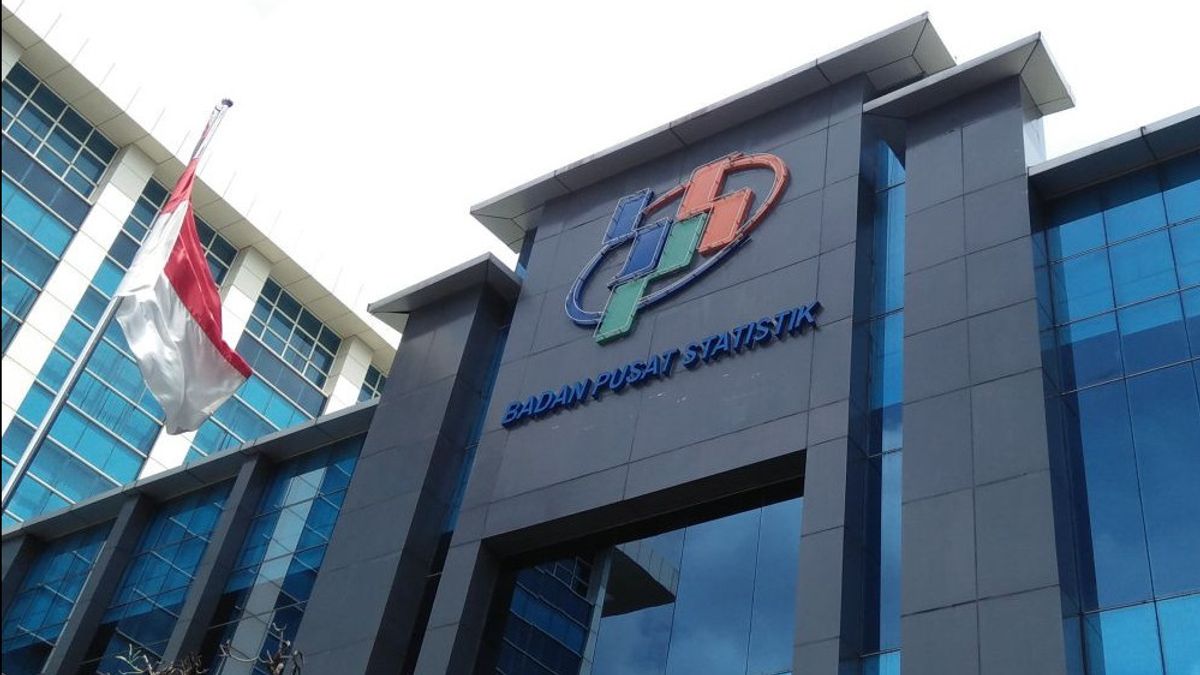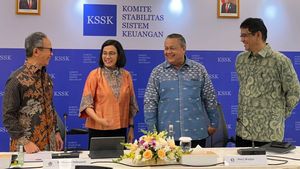JAKARTA - The Central Statistics Agency (BPS) and the Financial Services Authority (OJK) announced the results of the 2024 National Literacy and Financial Inclusion Survey (SNLIK).
As a result, public financial inclusion was 75.02 percent higher than the level of financial literacy of 65.43 percent.
Acting Head of BPS Amalia Adininggar Widyasanti explained that the survey was conducted in 34 provinces, covering 120 regencies/cities including eight regional offices or OJK offices in the region.
Widya said the field survey took place from January 9 to February 5, 2024. The total number of survey samples or the number of survey samples was 10,800 respondents with age characteristics ranging from 15 to 79 years.
SNLIK 2024, continued Widya, uses a stratified multistage cluster sampling methodology or stratified. He said this is what distinguishes the SNLIK 2022 survey and previous years.
Based on the results of SNLIK 2024, continued Widya, the financial literacy index and financial inclusion was obtained for 2023 based on the results of the 2024 survey. Where the financial literacy index is 65.43 percent and the financial inclusion index is 75.02 percent.
"So 65.43 percent of Indonesia's population meets the criteria for well literate and 75.02 percent of Indonesians have access to financial products and services," he said in a virtual press conference, Friday, August 2.
Widya explained what is meant by the criteria for well literate if a person meets five parameters of the financial literacy index, namely knowledge, skills, beliefs, attitudes and behavior.
SEE ALSO:
The calculation of the financial inclusion index of SNLIK 2024, continued Widya, was obtained from the use of financial products and services (LJK).
The details, said Widya, the conventional financial literacy index reached 65.08 percent and the financial inclusion index was 73.55 percent. Meanwhile, for Islamic finance, the literacy index reached 39.11 percent and the financial inclusion index reached 12.88 percent.
"If we divide how conventional and sharia are, then we can conclude that the financial index, especially for conventional services, is higher than financial literacy for sharia services," he explained.
The English, Chinese, Japanese, Arabic, and French versions are automatically generated by the AI. So there may still be inaccuracies in translating, please always see Indonesian as our main language. (system supported by DigitalSiber.id)
















